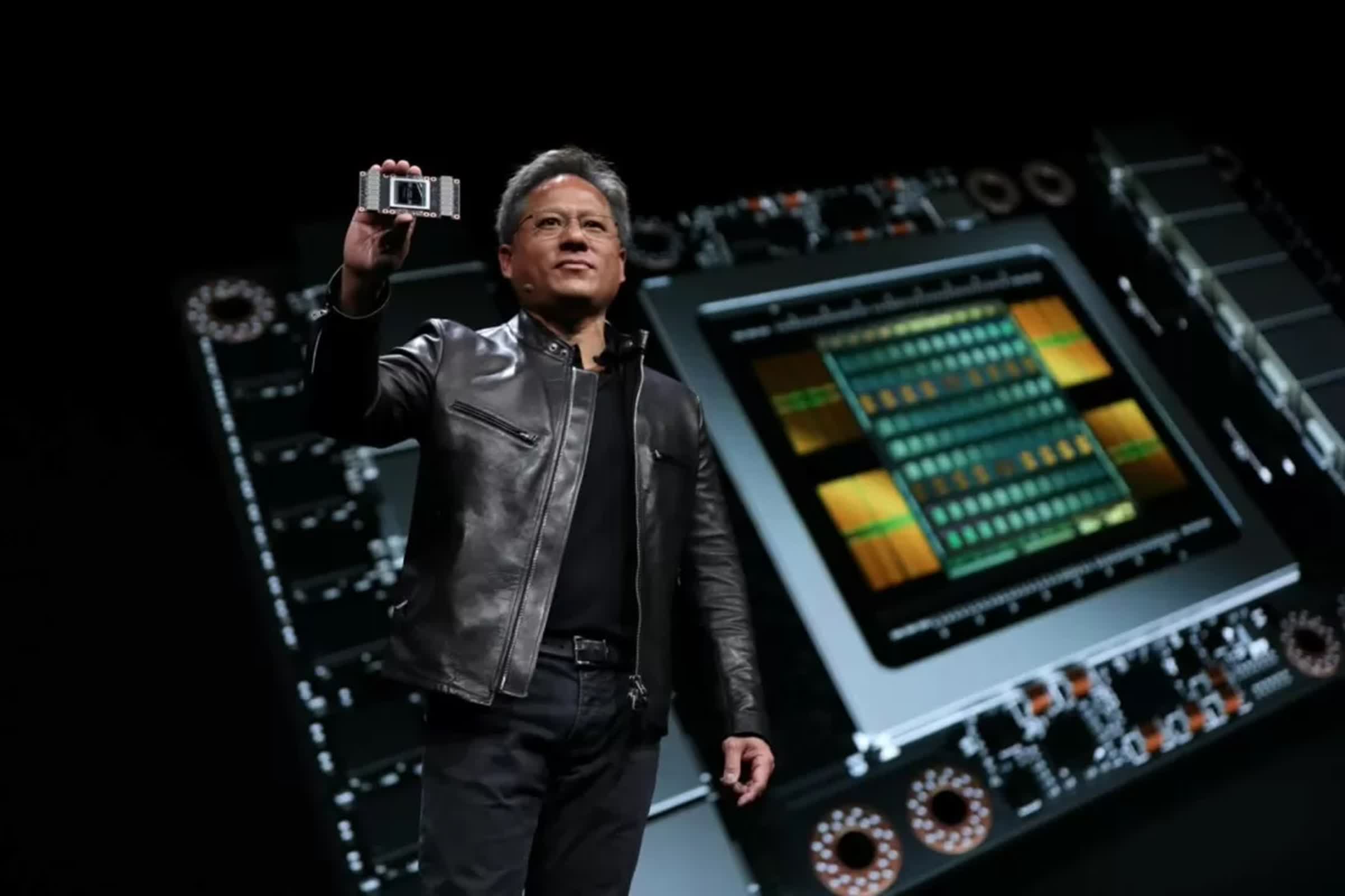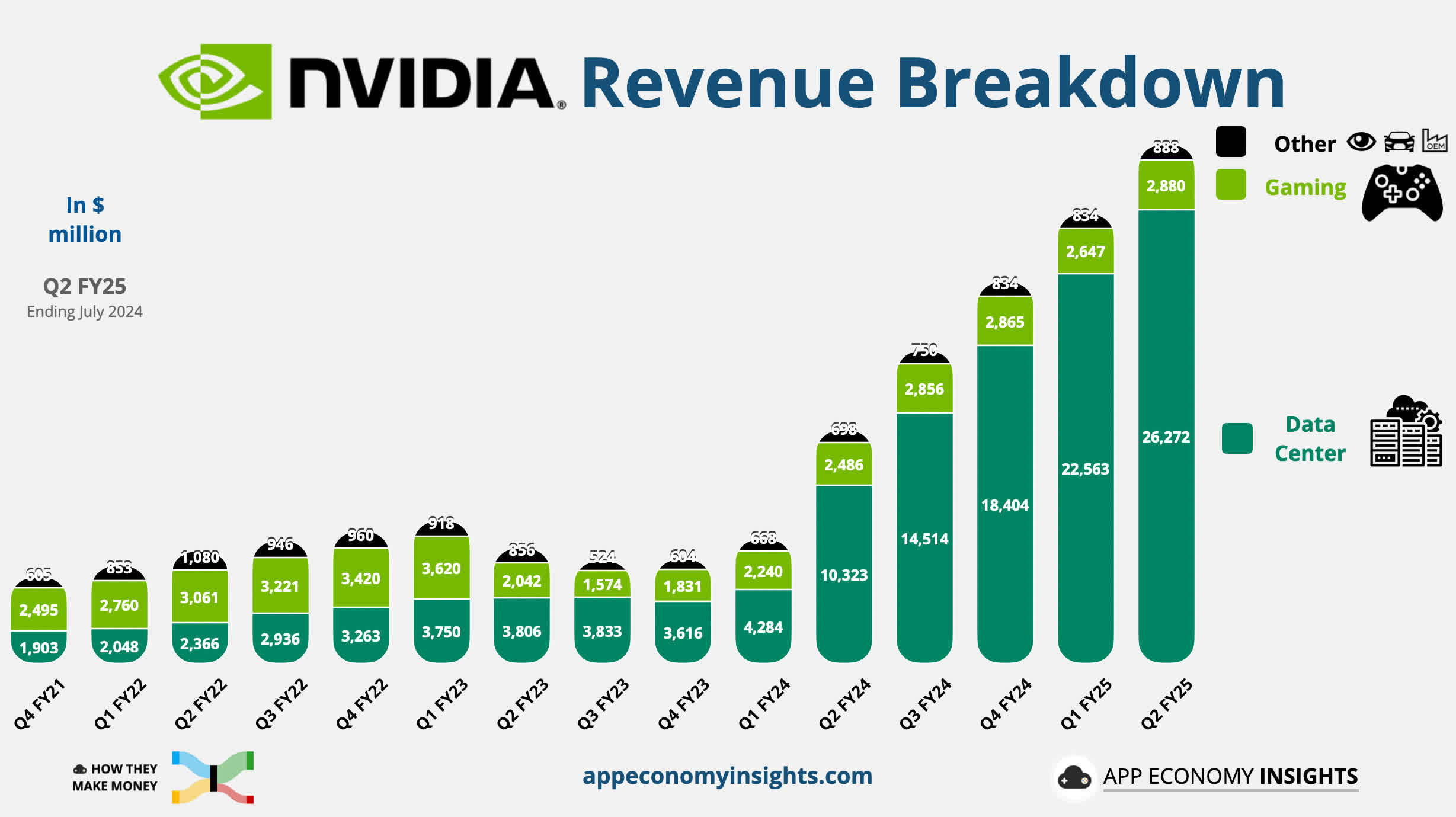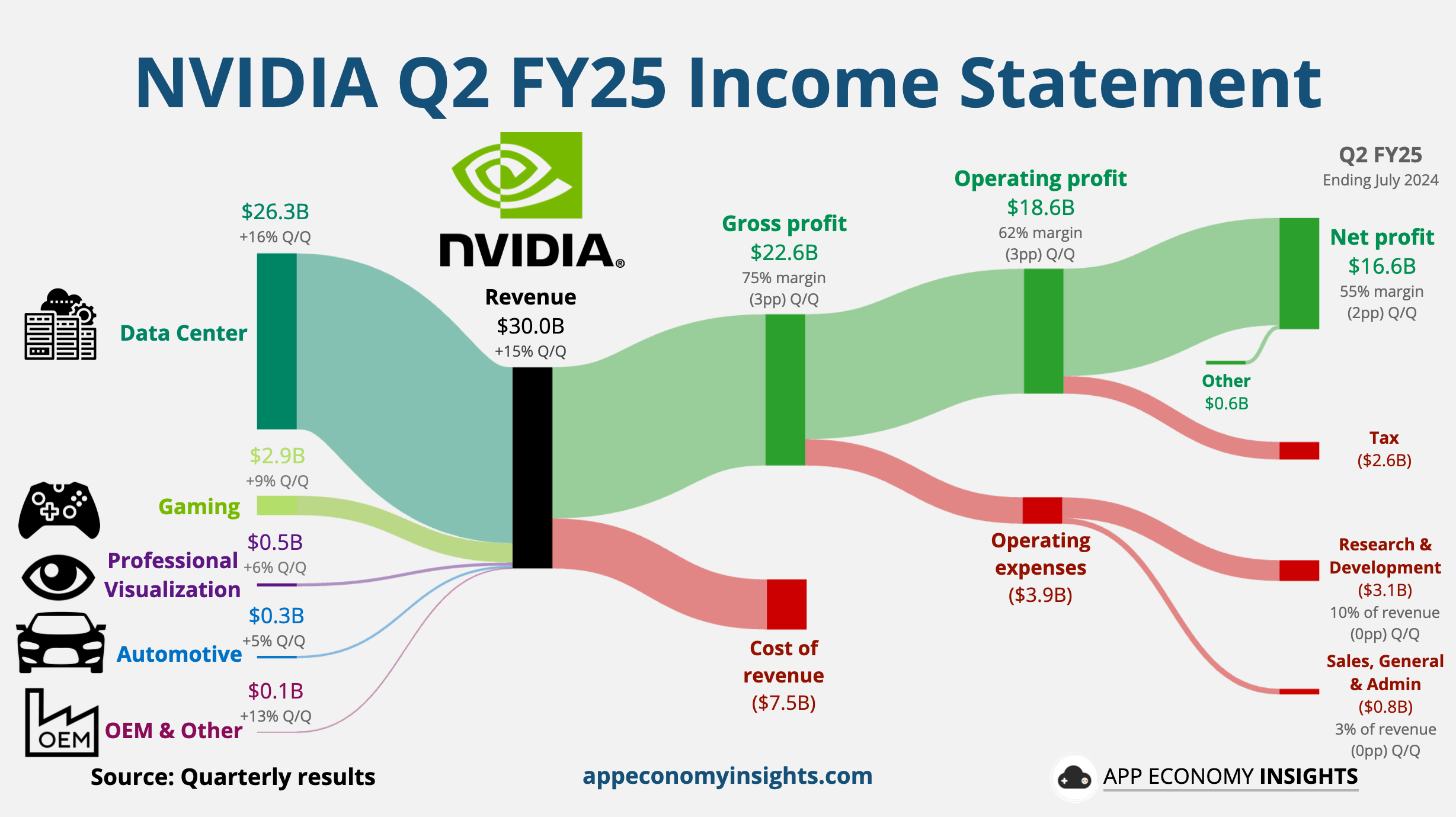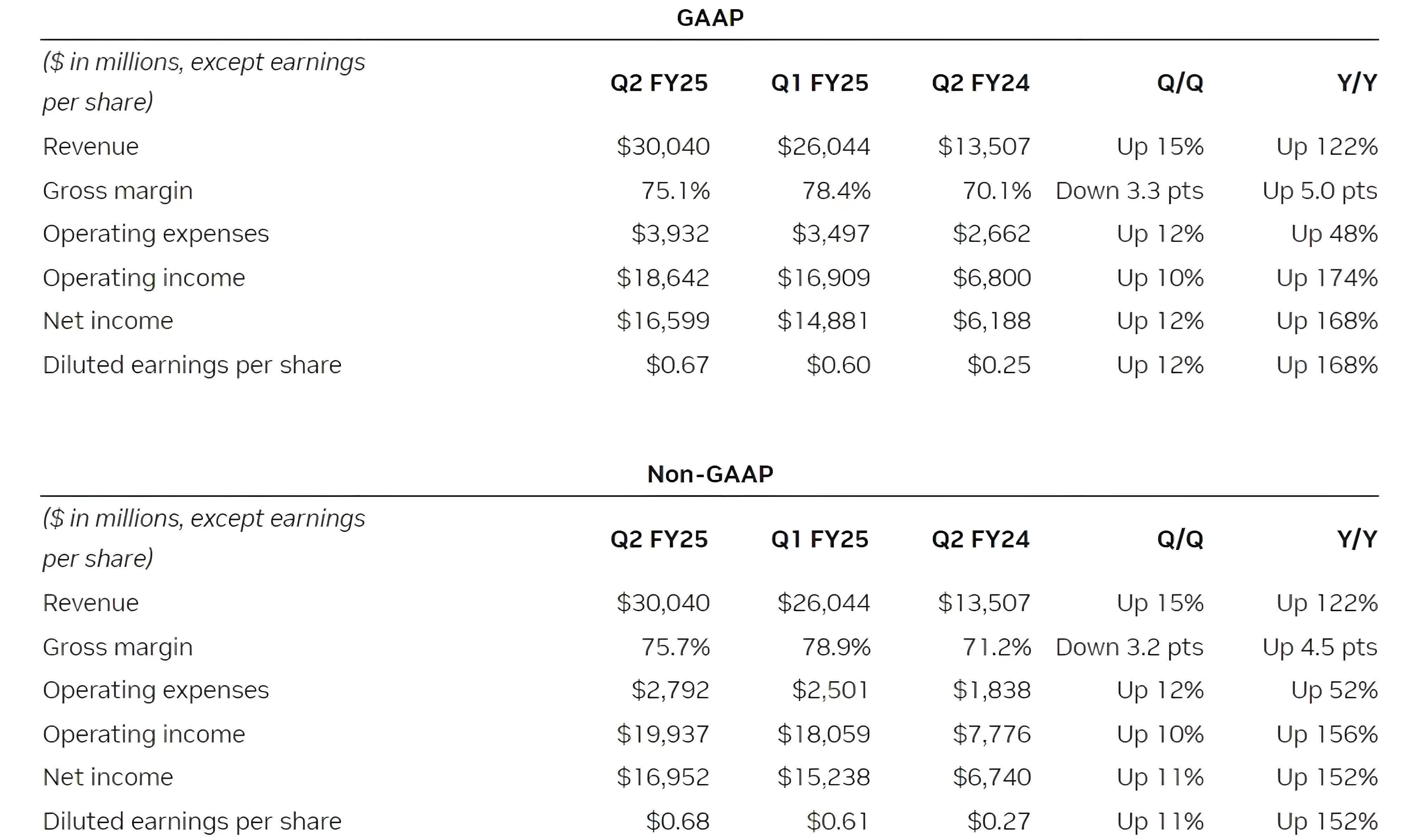Bottom line: Can people flourish in a pressure cooker environment? Not only is it possible, but Nvidia's employees are proving that such working conditions can also drive performance – at least in the short term. But as the GPU giant looks to the future, it may want to consider different policies and cultivate a corporate culture that encourages more balance for its overworked, exhausted (and uber wealthy in some cases) employees.

In a tech industry often characterized by grueling hours and substantial personal wealth, Nvidia might stand out as an extreme example.
Since the dawn of 2019, Nvidia's stock price has skyrocketed by an astonishing 3,776%, a testament to its pivotal role in the artificial intelligence revolution. This meteoric rise has not only transformed the company's financial landscape but also turned many of its employees into multimillionaires, as evidenced by the luxury vehicles – Porsches, Corvettes, and Lamborghinis – lining the parking lots at its headquarters.
Despite this newfound wealth, Nvidia employees face a demanding work environment that leaves little room for leisure, according to a profile of the company by Bloomberg. The culture is shaped by its visionary founder and CEO, Jensen Huang, who is renowned for his relentless drive and high expectations. Huang has cultivated an atmosphere of "scrappiness and overworking," where employees are pushed to their limits in pursuit of excellence.
This pressure-cooker environment is characterized by a chaotic organizational structure, with managers often overseeing dozens of direct reports. Huang's philosophy eschews layoffs in favor of what he describes as "torturing them into greatness," fostering a culture where stress and confrontation are commonplace.

Current and former employees describe grueling work schedules, often extending to seven days a week and late nights. The high-pressure environment is further intensified by frequent confrontations during meetings. Yet, despite these challenges, the lucrative compensation packages – often dubbed "golden handcuffs" – make it difficult for employees to leave. Nvidia's stock grant system, which typically vests over four years, provides a strong incentive for employees to remain with the company and reap the full benefits of their compensation.
Nvidia's ability to retain its talent is reflected in its remarkably low turnover rates. In 2023, the company's employee turnover was just 5.3%, dropping to 2.7% after Nvidia's valuation soared past the $1 trillion mark. This is a stark contrast to the semiconductor industry's average turnover rate of 17%.
Unlike the tech industry trope of "resting and vesting," where employees coast while waiting for their stock to vest, Nvidia frowns upon such behavior. Employees who attempt to coast are subject to internal criticism, as illustrated by a staff meeting where complaints were raised about colleagues in "semiretirement" mode.
Source: App Economy Insights
Nvidia's financial success has led to conspicuous displays of wealth among employees, many of whom have amassed substantial fortunes, purchasing vacation homes and attending high-profile events like the Super Bowl and NBA Finals. Discussions about these luxury purchases have become commonplace among workers, regardless of their seniority.
This wealth disparity is further highlighted by the stock holdings of Nvidia's Chief Financial Officer, Colette Kress, who owns stock worth approximately $758.7 million – significantly more than those of her counterparts at Intel and AMD, despite their larger pay packages.
As Nvidia's latest earnings report indicates, the company's financial success shows no signs of slowing down.
Nvidia achieved an all-time record quarterly revenue of $30.04 billion for the second quarter of its fiscal 2025, marking a remarkable 122% increase year-over-year and a 15% increase quarter-over-quarter. This growth is primarily driven by unprecedented demand for AI GPUs.
The company's net income for the quarter was $18.642 billion, representing a 10% sequential increase and a substantial 174% increase compared to the same quarter in the previous year. Nvidia's gross margin for the quarter was reported at 75.1%, a 5% increase from Q2 FY2024, although it was 3.3% lower than Q1 FY2025 due to the production of a low-yield Blackwell design in preparation for an upcoming product launch.
However, Nvidia's guidance for the third quarter introduces a note of caution. The company projects sales of approximately $32.5 billion, with GAAP and non-GAAP gross margins expected to be 74.4% and 75.0%, respectively.
Despite high margins, Wall Street analysts have expressed concern over the modest revenue growth prediction. This cautious guidance may be influenced by supply constraints, particularly regarding TSMC's ability to provide sufficient processors to meet the soaring demand for Nvidia's Hopper and Blackwell products.
Overworked but wealthy employees are powering Nvidia's AI boom


